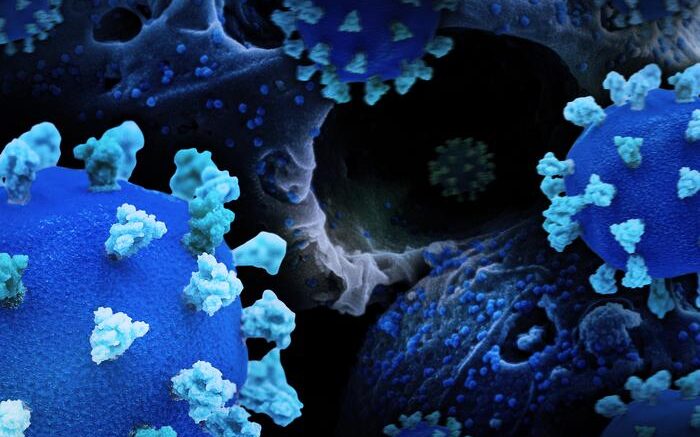Persistent symptoms and disability following SARS-CoV-2 infection, known as post–COVID-19 condition or “long COVID,” are frequently reported and pose a substantial personal and societal burden. Oelsner, et al. (2024) sought to determine time to recovery following SARS-CoV-2 infection and identify factors associated with recovery by 90 days.
For this prospective cohort study, standardized ascertainment of SARS-CoV-2 infection was conducted starting in April 1, 2020, across 14 ongoing National Institutes of Health–funded cohorts that have enrolled and followed participants since 1971. This report includes data collected through February 28, 2023, on adults aged 18 years or older with self-reported SARS-CoV-2 infection.
Of 4708 participants with self-reported SARS-CoV-2 infection (mean [SD] age, 61.3 [13.8] years; 2952 women [62.7%]), an estimated 22.5% (95% CI, 21.2%-23.7%) did not recover by 90 days post infection. Median (IQR) time to recovery was 20 (8-75) days. By 90 days post infection, there were significant differences in restricted mean recovery time according to sociodemographic, clinical, and lifestyle characteristics, particularly by acute infection severity (outpatient vs critical hospitalization, 32.9 days [95% CI, 31.9-33.9 days] vs 57.6 days [95% CI, 51.9-63.3 days]; log-rank P < .001). Recovery by 90 days post infection was associated with vaccination prior to infection (hazard ratio [HR], 1.30; 95% CI, 1.11-1.51) and infection during the sixth (Omicron variant) vs first wave (HR, 1.25; 95% CI, 1.06-1.49). These associations were mediated by reduced severity of acute infection (33.4% and 17.6%, respectively). Recovery was unfavorably associated with female sex (HR, 0.85; 95% CI, 0.79-0.92) and pre-pandemic clinical cardiovascular disease (HR, 0.84; 95% CI, 0.71-0.99). No significant multivariable-adjusted associations were observed for age, educational attainment, smoking history, obesity, diabetes, chronic kidney disease, asthma, chronic obstructive pulmonary disease, or elevated depressive symptoms. Results were similar for reinfections.
In this cohort study, more than 1 in 5 adults did not recover within 3 months of SARS-CoV-2 infection. Recovery within 3 months was less likely in women and those with preexisting cardiovascular disease and more likely in those with COVID-19 vaccination or infection during the Omicron variant wave.
Reference: Oelsner EC, et al. Epidemiologic Features of Recovery From SARS-CoV-2 Infection. JAMA Netw Open. 2024;7(6):e2417440. doi:10.1001/jamanetworkopen.2024.17440
